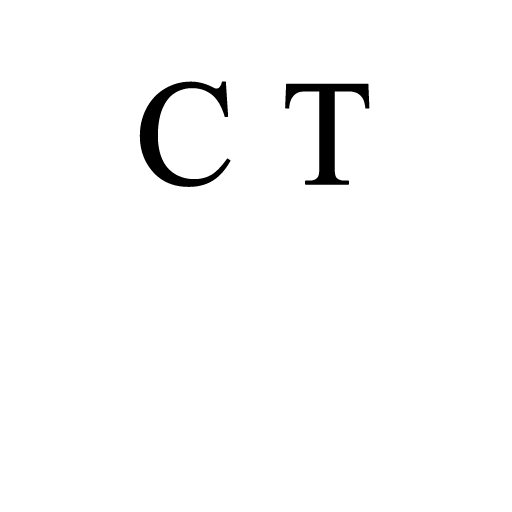Venezuela is trying to beat the US sanctions on its oil exports by moving the payments system over to the Russian banking system. This has the merit – for Venezuela’s current government at least – that it’ll work in the first iteration. Whether it continues to work after that depends upon how aggressively the US decides to pursue the enforcement of the sanctions.
For it’s worth noting what the US claims as being within its own jurisdiction. It’s not just use directly of the American banking system which is banned. The US goes much further than that traditionally, to insisting that indirect use is also banned. This does depend upon how many ripples and iterations they decide to try and enforce this but they have fined foreign banks before now over things like this.
So, the basic idea is that anyone American who is buying Venezuelan oil shouldn’t send the cash to Maduro but put the money into an escrow account which will then be available to the newly free and democratic country that will follow him. The method of doing this is to insist that people shouldn’t use the US banking system to pay Maduro. After all, to do US banking you need a licence from the US to do banking – the authorities have a certain amount of power over the financial system.
So, how to get around this? Don’t use the US banking system, seems simple enough:
[perfectpullquote align=”full” bordertop=”false” cite=”” link=”” color=”” class=”” size=””] Venezuela’s state-run oil company PDVSA is telling customers of its joint ventures to deposit oil sales proceeds in an account recently opened at Russia’s Gazprombank AO, according to sources and an internal document seen by Reuters on Saturday. PDVSA’s move comes after the United States imposed tough, new financial sanctions on Jan. 28 aimed at blocking Venezuela’s President Nicolas Maduro’s access to the country’s oil revenue. [/perfectpullquote]The thing is it doesn’t quite work like that.
Take the French bank shipping money to Sudan. They sent dollars. The US claimed that using dollars was in breach of US sanctions. The French said, but, but, we sent it from a French bank to a Sudan bank, didn’t use the US. Ah, says the US, but you sent dollars. And, in the end and ultimately, all dollar transactions end up clearing through the US financial system. So, here’s your fine, cough up. And if you don’t then we close down your US banking business.
The French paid.
Any dollar transaction is claimed by the US to be part of that US banking system to which sanctions apply. Equally, anyone who has a US banking licence is a hostage to fortune because that licence is at the mercy of the US authorities.
Which is where how far they’re willing to go comes in. Maybe Gazprombank doesn’t have substantial US business. Maybe the accounts won’t be working in dollars – unlikely but possible. But the people who deal with Gazprombank might well have US interests which are themselves under that power of the US authorities. And there’s pretty much no global oil firm which isn’t tied into the US economy. So, if they really wanted to the US could tighten the noose even with this move by Venezuela to a Russian bank.
It just depends upon how serious the US is with these sanctions. Do they want enough just to trouble, weaken, Maduro? Or to really do it and kill his regime off?




Pay the money in Euros through Standard Chartered. 🙂